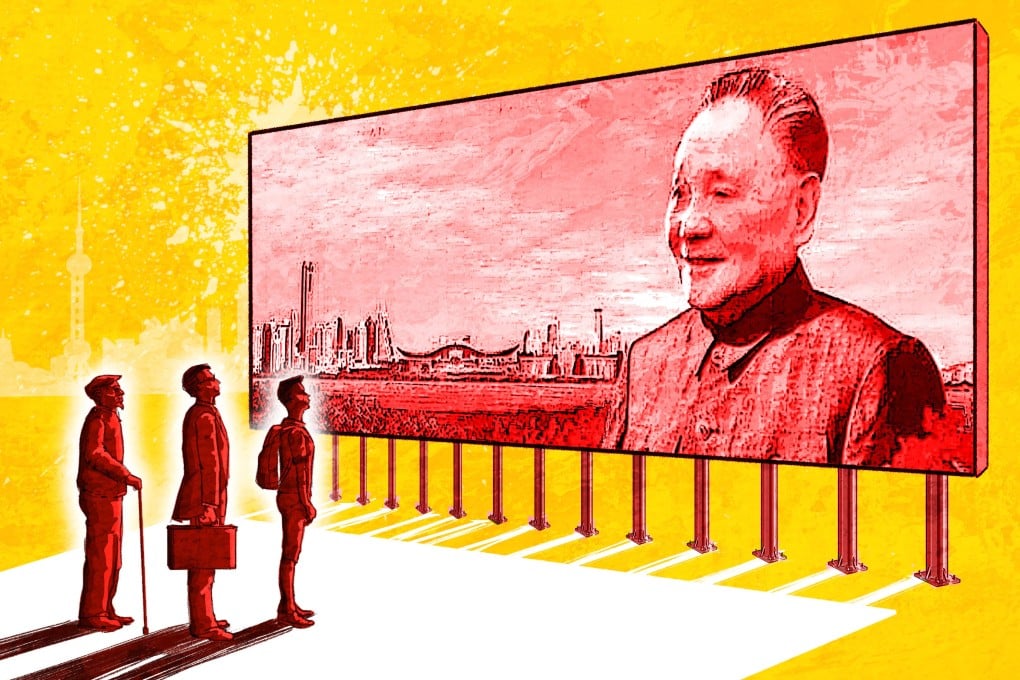Advertisement
‘Millions benefited’: why generations see Deng Xiaoping as the architect of modern China
- Chinese from all walks of life look back at the how their lives have changed as a result of Deng’s policies
Reading Time:8 minutes
Why you can trust SCMP
52

As China commemorates the 120th anniversary of Deng Xiaoping’s birth, the Post examines his legacy across generations. In the second instalment of a three-part series, we look at the impact of his policies – from the factories to the countryside.
A year after Deng Xiaoping stepped down as China’s paramount leader, Mindy Guo took a risk and left her secure job in the “iron rice bowl”.
It was November 1990 and the 21-year-old had been working for a state-owned enterprise in Beijing. She moved south to Shenzhen – a city rapidly developing thanks to Deng’s reform and opening-up policies – for a job with a footwear manufacturer.
“Our generation boldly ventured into uncharted waters … we ‘crossed the river by feeling the stones’,” she said, referring to the metaphor Deng used to describe China’s gradual approach to those policies.
Guo, who had recently graduated with a major in English translation, started at the company as an assistant earning 8,400 yuan a year. Seventeen years later she was general manager, on an annual salary of 800,000 yuan.
She learned shoemaking skills but also the professionalism and integrity needed to run a modern export operation – something she credits her colleagues from Hong Kong and Taiwan with teaching her.
As for Deng, she is grateful for his liberal policies.

Advertisement